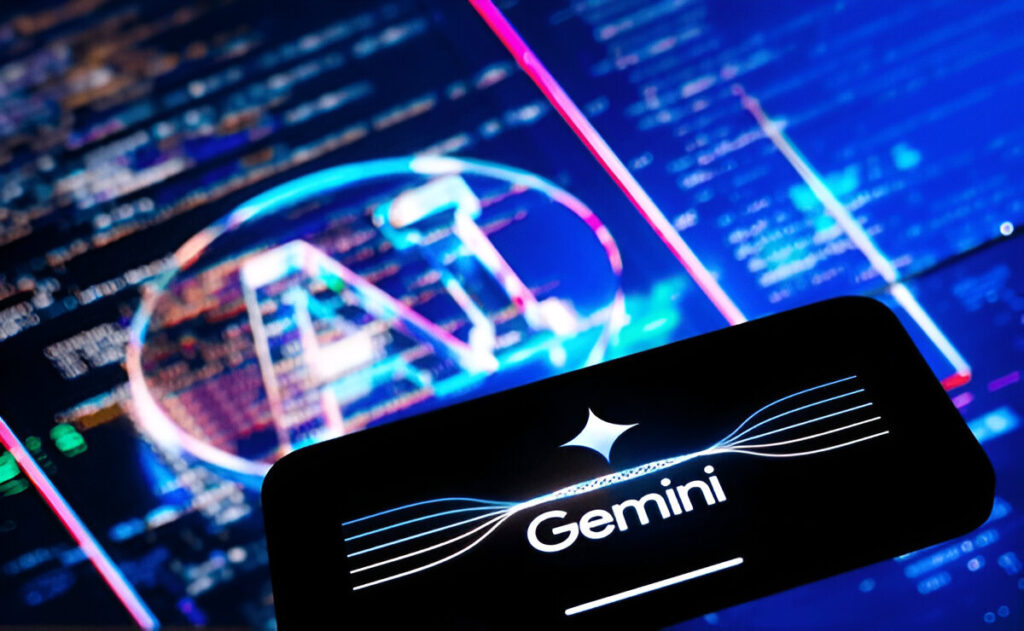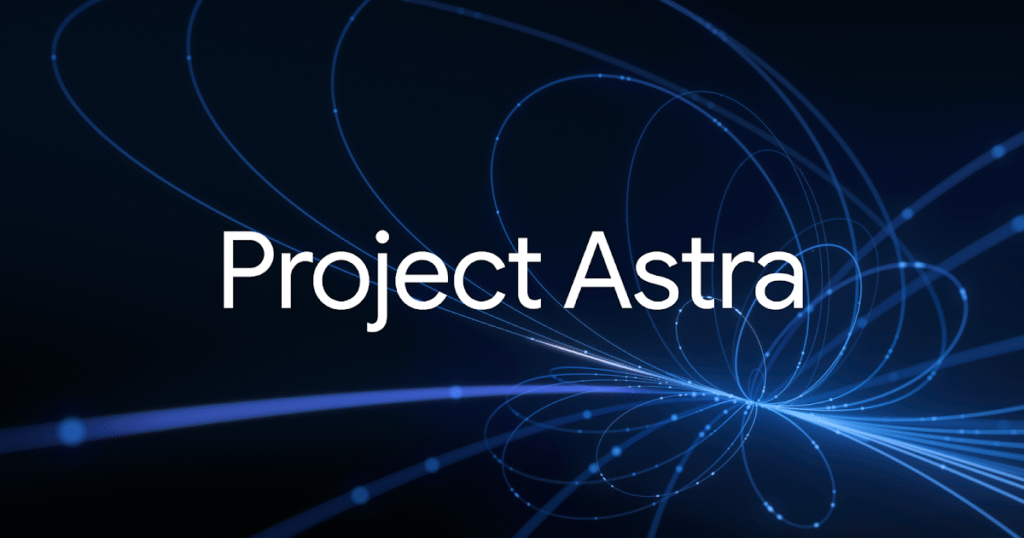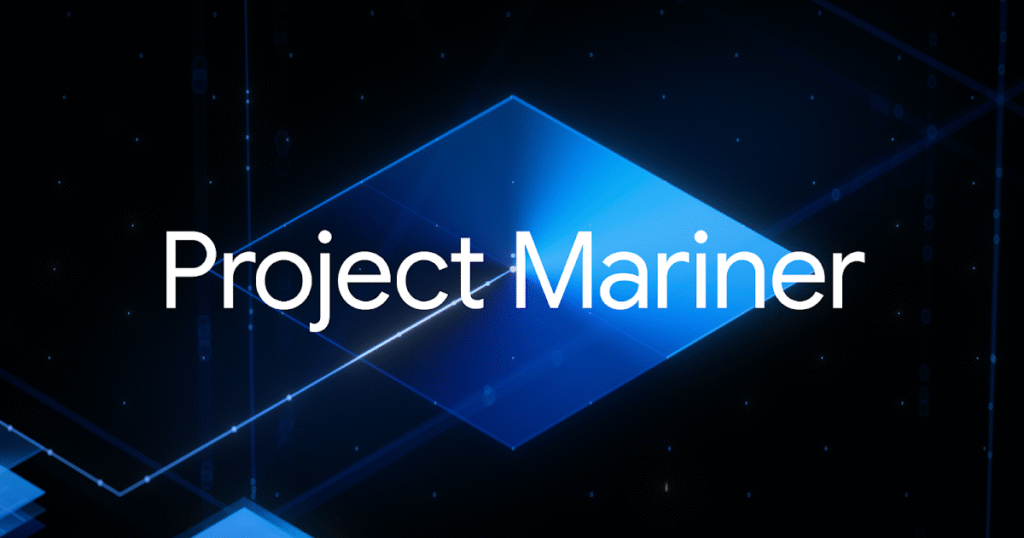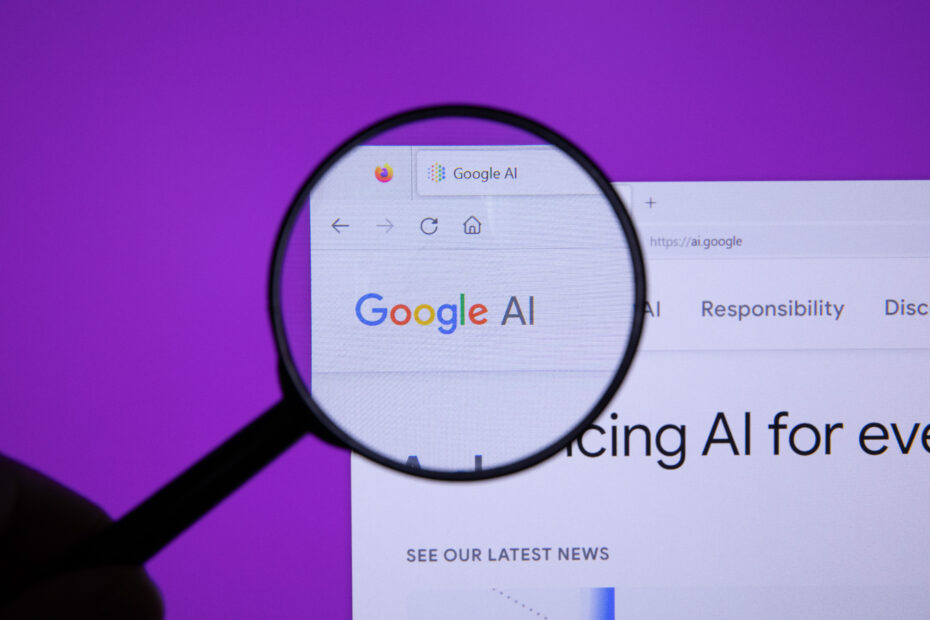In 2025, the Google AI Model has gone from a futuristic concept to a practical tool transforming industries, workflows, and even how we search the web. Google’s advancements in AI aren’t just about speed—they’re about deeper intelligence, multimodal capabilities, and truly personalized experiences. Let’s dive into how this model is reshaping the digital landscape.

What Is the Google AI Model?
At the heart of Google’s evolution lies the Google AI Model, most notably represented by Gemini 2.0. This latest iteration of AI blends advanced reasoning, natural language processing, and multimodal learning. Unlike traditional models, it can process voice, video, images, and text simultaneously, offering more nuanced and context-aware interactions. Whether used for smart assistants, search engines, or productivity tools, the Google AI Model brings smarter automation to the forefront.
Transforming Google Search: AI Overviews & AI Mode
One of the most visible uses of the Google AI Model is in Google Search. AI Overviews and the opt-in AI Mode deliver enriched, accurate results by running multiple queries simultaneously behind the scenes. The AI Mode, powered by Gemini 2.0, allows users to ask follow-up questions and receive detailed insights within one search interaction. This fundamentally changes SEO by emphasizing direct, value-packed content that AI can confidently surface.

Project Astra and Extended Reality
Project Astra takes the Google AI Model beyond static search. It’s an extended reality (XR) project where users, wearing AR glasses, can interact with real-world objects and receive instant digital feedback. Powered by Gemini, Astra uses computer vision and NLP to identify, analyze, and explain visual environments, giving users real-time, hands-free access to information.

Project Mariner and Autonomous Web Navigation
Google’s Project Mariner adds another layer by using the Google AI Model to autonomously perform web-based tasks. Think of it as an AI assistant that can navigate websites, fill out forms, and retrieve data. With Mariner, search becomes task-oriented. Instead of just listing sites, the AI does the heavy lifting—whether it’s booking tickets, comparing products, or summarizing a research report.
Ads and Monetization in AI Interfaces
Monetization is also evolving alongside AI. Ads are now integrated directly into AI Overviews, offering brands the opportunity to reach users at the exact moment of intent. Google plans to expand these placements into chatbots and Gemini-powered assistant experiences, transforming how and where ads appear. This creates new, high-value real estate for advertisers, making PPC optimization more essential than ever. Businesses must now strategize for both traditional search ads and these emerging AI-native placements to stay competitive.
Broader Applications Across Industries
Beyond the realm of search, the Google AI Model is making meaningful impacts across sectors. In healthcare, it’s helping practitioners analyze complex medical scans and detect early signs of disease. In education, AI enables hyper-personalized learning experiences by adapting to student needs in real-time. In the workplace, Gemini for Google Workspace brings AI directly into tools like Gmail, Docs, Meet, and more—automating routine tasks, summarizing meetings, and even suggesting next steps. These use cases show that Google’s AI model isn’t just about innovation—it’s about practical, intelligent integration into everyday workflows.
Final Thoughts
As 2025 progresses, the Google AI Model stands as a symbol of the next generation of intelligent tools and user experiences. It’s multimodal, agentic, and woven into the digital fabric of how we search, communicate, and make decisions. For individuals, this means more intuitive and responsive interactions. For businesses, it signals a clear directive: adapt to AI-first environments or risk falling behind. Embracing this shift means rethinking how we search, learn, work, and connect in a world that’s increasingly powered by intelligent systems.
Want to see how innovations like the Google AI Model fit into broader tech movements? Visit GeekyFest’s News and Events section, where we unpack trends like Apple smart technology and beyond.
FAQs
Q. What is the Google AI Model?
The Google AI Model refers to Google’s advanced artificial intelligence systems, including Gemini, designed to power search, productivity tools, and more through multimodal understanding and real-time reasoning. It integrates vision, language, and audio to deliver more natural and helpful digital experiences.
Q. How is the Google AI Model changing search in 2025?
In 2025, the Google AI Model is transforming search by introducing features like AI Overviews and AI Mode. These allow users to ask complex, conversational queries and receive highly contextual, summarized results powered by multiple sources—redefining how we find and process information.
Q. What industries are being impacted by the Google AI Model?
Healthcare, education, retail, and enterprise productivity are all seeing the benefits of the Google AI Model. From automating diagnostics to enhancing document workflows, the model’s capabilities are reshaping workflows, boosting efficiency, and personalizing user experiences.
Q. How does AI Mode work within Google Search?
AI Mode enables users to dive deeper into queries through follow-up questions and smarter summaries. It conducts concurrent “fan-out” searches, aggregates the data, and responds using Google’s most advanced reasoning models—all underpinned by the Google AI Model.
Q. Are ads part of the new AI search experience?
Yes. Google is now placing ads in AI Overviews, with future plans for integration into chat-based and Gemini interfaces. This marks a shift in digital advertising strategies, as businesses must adapt to optimize for visibility in AI-powered results.


